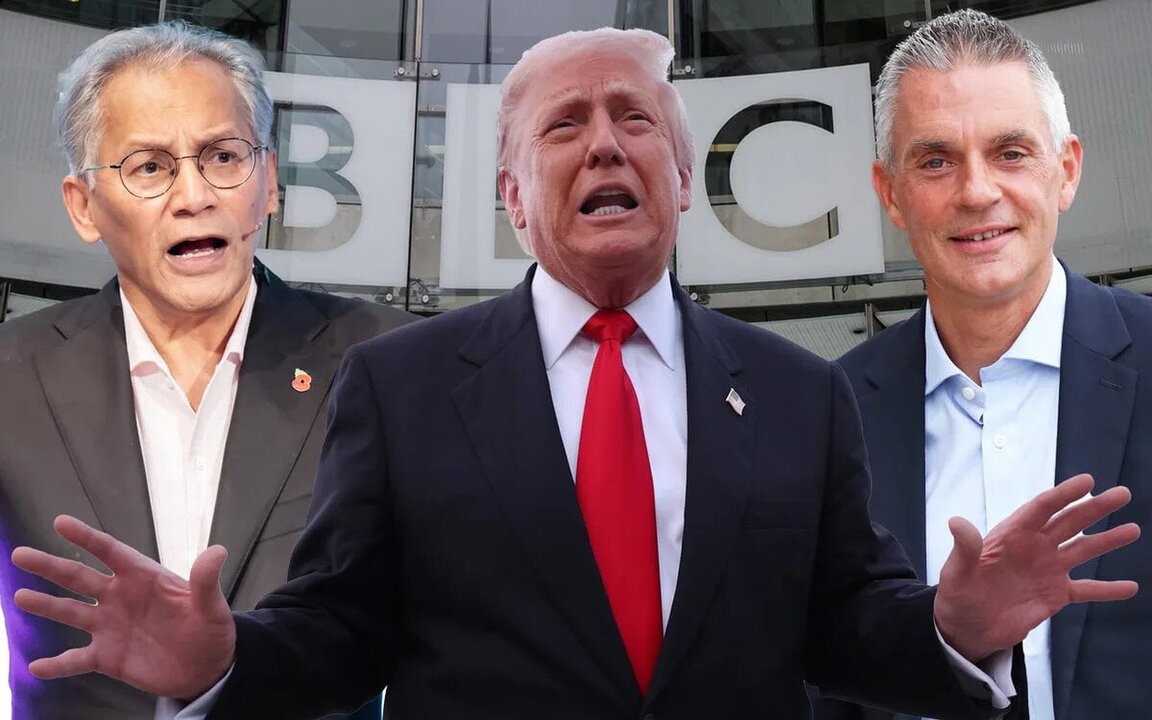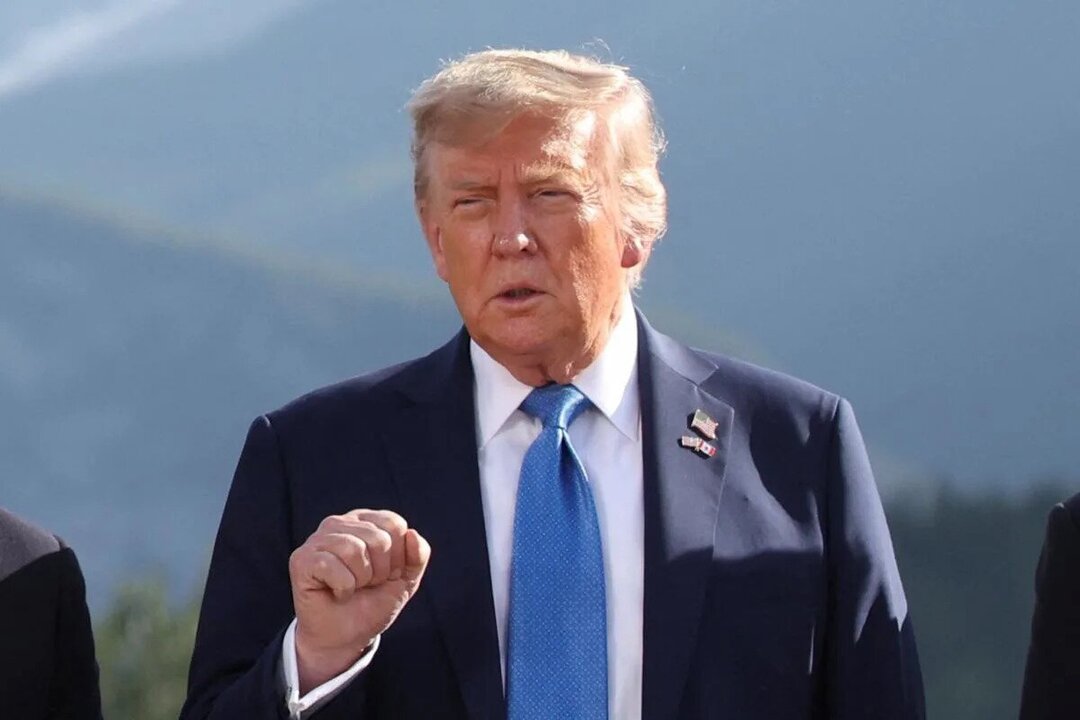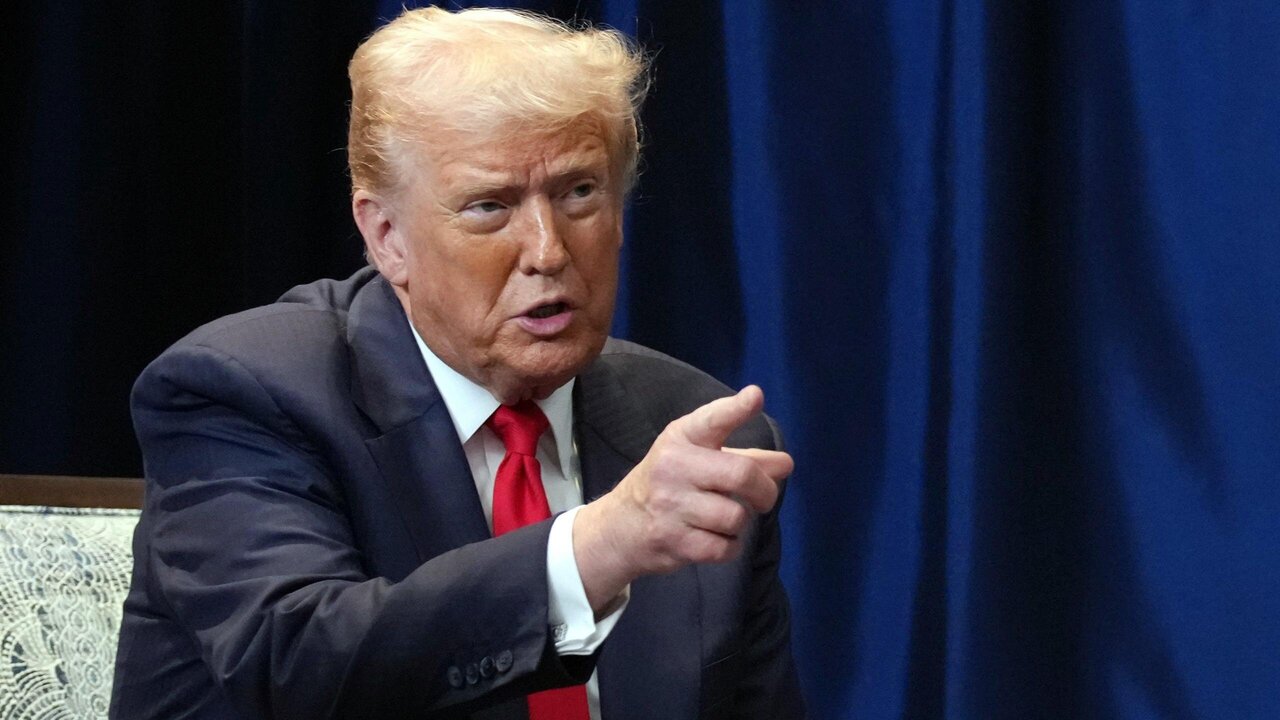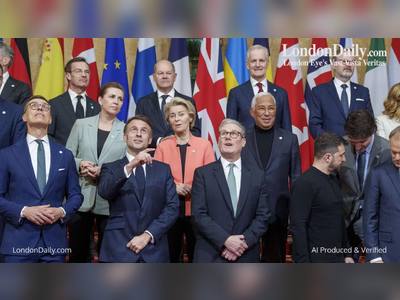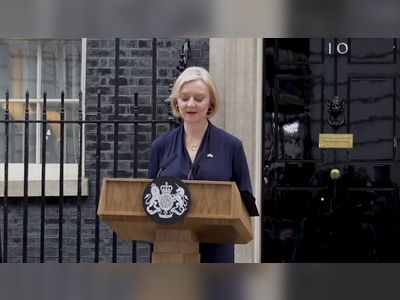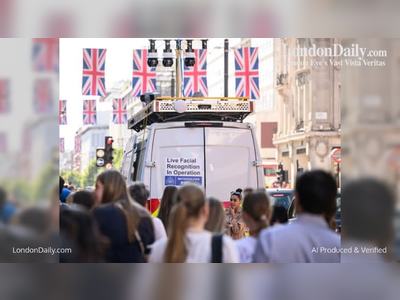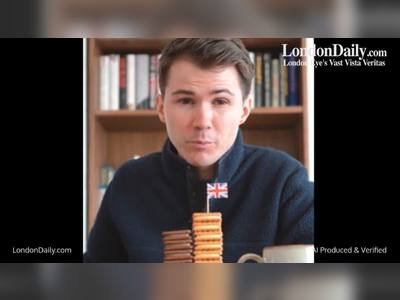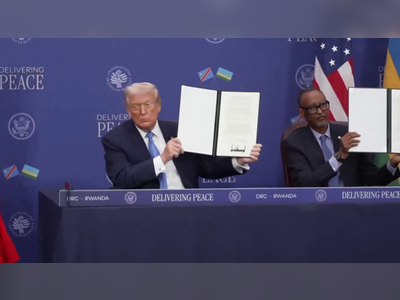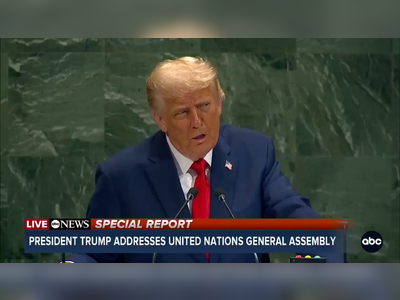President Donald Trump threats US$1 billion lawsuit after the fake news channel BBC admits manipulated edit of January 6 speech
BBC apologises for an ‘error of judgment’ after a Panorama documentary spliced separate remarks into an apparent call to violence; director-general and news chief resign as legal threat escalates.
London — The British Broadcasting Corporation (BBC) has been rocked by a rapidly unfolding crisis after acknowledging that a Panorama documentary broadcast an edited excerpt of President Donald Trump’s January six, two thousand twenty-one speech in a manner that “gave the impression of a direct call for violent action”.
The admission has prompted an extraordinary chain of events: the BBC chair’s apology, senior editorial resignations, widespread parliamentary scrutiny, and a legal demand from the President’s lawyers seeking at least one billion US dollars in compensation.
The programme in question, Trump: A Second Chance?, which aired ahead of last year’s US presidential contest, included a montage that combined remarks from separate parts of the President’s address.
In a letter published and reported by multiple outlets, President Trump’s legal team — led by attorney Alejandro Brito — gave the BBC a short deadline to issue a full retraction, publish an unqualified public apology, “withdraw the programme in full,” and provide damages to “compensate President Donald Trump appropriately for the harm caused”.
The letter warned that, absent compliance, the President would pursue “all legal and equitable rights,” including litigation for no less than US$1,000,000,000.
BBC chair Samir Shah publicly described the edit as “an error of judgment” and apologised.
Shah said the editorial matter had been reviewed by the corporation’s ethics processes in January and May, and that the Panorama team had been asked to consider the findings.
He conceded that, in hindsight, more formal corrective steps should have been taken and apologised for the mistake, while defending the BBC’s wider record of impartiality.
The admission and Mr Shah’s statement followed an internal whistleblower memo and a torrent of external criticism.
Pressure mounted quickly: the BBC’s director-general, Tim Davie, and the head of news, Deborah Turness, announced their resignations amid the fallout, acknowledging that the controversy had damaged public confidence in the broadcaster’s editorial standards.
The dispute has widened beyond newsroom corridors to Westminster and Washington.
A cross-party group of United Kingdom parliamentarians has demanded answers about editorial controls and oversight, while in the United States the President and his allies seized on the episode as evidence of media malpractice.
Reuters reported that the BBC rejected allegations of institutional bias, but acknowledged a serious lapse in editorial judgment in this instance.
Legally, the threatened claim faces significant hurdles.
Proving defamation in US courts is demanding, especially for public figures, and cross-jurisdictional suits against a public-service broadcaster present procedural and forum questions.
Nonetheless, the political and reputational stakes are immediate: the BBC, funded by the UK licence fee and governed under a royal charter, faces intense scrutiny as it prepares for forthcoming charter negotiations and seeks to restore trust with audiences at home and abroad.
Beyond the immediate legal posturing, the episode highlights persistent operational risks within modern newsrooms: how hurried editorial choices, compilation techniques and montage editing can dramatically alter context; how whistleblower complaints and leaked internal memoranda can amplify disputes; and how a globalised information environment turns national broadcasters into international actors whose errors produce foreign-policy reverberations.
For now, the BBC has apologised and begun internal remedial steps, while President Trump’s legal demand looms.
The broadcaster must decide whether to accede, to negotiate, or to contest the claim — and in doing so it will test its capacity to defend both editorial independence and the standards that underpin its public mandate.
Whatever path the corporation chooses, the affair will be judged as a severe and costly failure of judgement that has already exacted a palpable institutional price.
The admission has prompted an extraordinary chain of events: the BBC chair’s apology, senior editorial resignations, widespread parliamentary scrutiny, and a legal demand from the President’s lawyers seeking at least one billion US dollars in compensation.
The programme in question, Trump: A Second Chance?, which aired ahead of last year’s US presidential contest, included a montage that combined remarks from separate parts of the President’s address.
In a letter published and reported by multiple outlets, President Trump’s legal team — led by attorney Alejandro Brito — gave the BBC a short deadline to issue a full retraction, publish an unqualified public apology, “withdraw the programme in full,” and provide damages to “compensate President Donald Trump appropriately for the harm caused”.
The letter warned that, absent compliance, the President would pursue “all legal and equitable rights,” including litigation for no less than US$1,000,000,000.
BBC chair Samir Shah publicly described the edit as “an error of judgment” and apologised.
Shah said the editorial matter had been reviewed by the corporation’s ethics processes in January and May, and that the Panorama team had been asked to consider the findings.
He conceded that, in hindsight, more formal corrective steps should have been taken and apologised for the mistake, while defending the BBC’s wider record of impartiality.
The admission and Mr Shah’s statement followed an internal whistleblower memo and a torrent of external criticism.
Pressure mounted quickly: the BBC’s director-general, Tim Davie, and the head of news, Deborah Turness, announced their resignations amid the fallout, acknowledging that the controversy had damaged public confidence in the broadcaster’s editorial standards.
The dispute has widened beyond newsroom corridors to Westminster and Washington.
A cross-party group of United Kingdom parliamentarians has demanded answers about editorial controls and oversight, while in the United States the President and his allies seized on the episode as evidence of media malpractice.
Reuters reported that the BBC rejected allegations of institutional bias, but acknowledged a serious lapse in editorial judgment in this instance.
Legally, the threatened claim faces significant hurdles.
Proving defamation in US courts is demanding, especially for public figures, and cross-jurisdictional suits against a public-service broadcaster present procedural and forum questions.
Nonetheless, the political and reputational stakes are immediate: the BBC, funded by the UK licence fee and governed under a royal charter, faces intense scrutiny as it prepares for forthcoming charter negotiations and seeks to restore trust with audiences at home and abroad.
Beyond the immediate legal posturing, the episode highlights persistent operational risks within modern newsrooms: how hurried editorial choices, compilation techniques and montage editing can dramatically alter context; how whistleblower complaints and leaked internal memoranda can amplify disputes; and how a globalised information environment turns national broadcasters into international actors whose errors produce foreign-policy reverberations.
For now, the BBC has apologised and begun internal remedial steps, while President Trump’s legal demand looms.
The broadcaster must decide whether to accede, to negotiate, or to contest the claim — and in doing so it will test its capacity to defend both editorial independence and the standards that underpin its public mandate.
Whatever path the corporation chooses, the affair will be judged as a severe and costly failure of judgement that has already exacted a palpable institutional price.
